Anxiety Attacks: What They Feel Like and How to Deal With Them
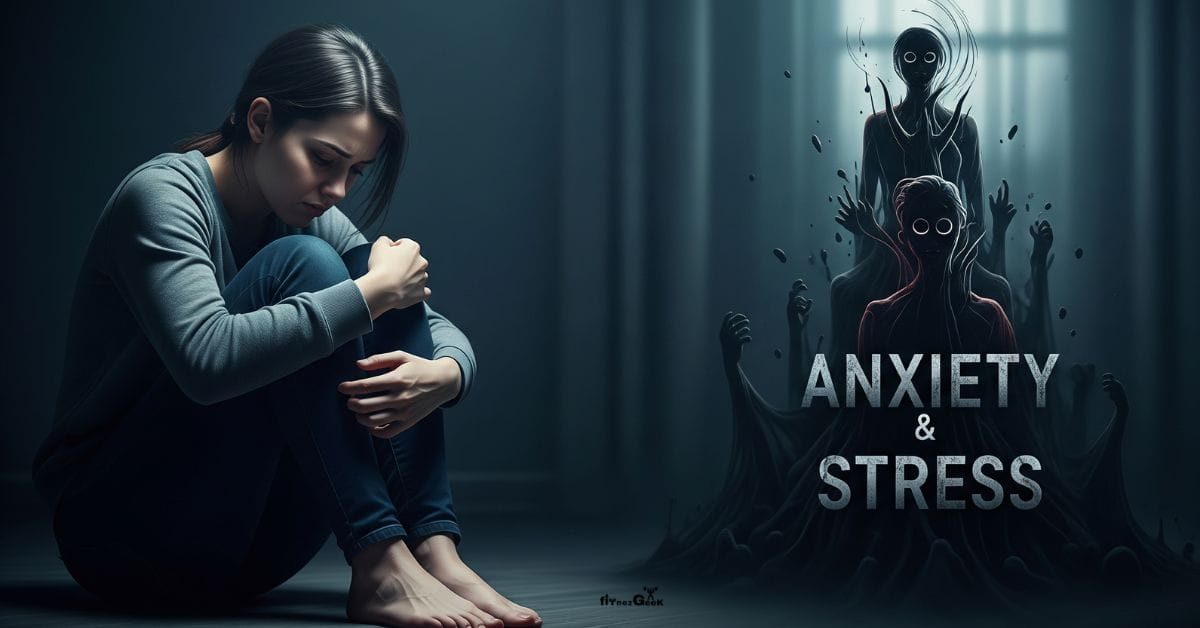
“Anxiety attacks” is a term that changes people’s expressions on hearing it and sometimes people get nervous just hearing this name and why not, it has become a very challenging mental issue in today’s era of 2025. Rising concern of Anxiety has become such a problem in today’s era that if not treated on time, it can take a serious form and can also be fatal.
According to the Global Burden of Disease Study 2019, the worldwide prevalence of anxiety disorders was approximately 4.05%, affecting around 301 million individuals. Notably, women were more affected than men, with prevalence rates of 4.86% and 2.93% respectively.
In India, the National Mental Health Survey 2016 reported a 2.57% prevalence of anxiety disorders among adults, with higher rates observed in females (3.01%) compared to males (1.8%).
Among adolescents, a systematic review and meta-analysis found a pooled prevalence of anxiety disorders at 29%, highlighting a significant burden in this age group.
So if you yourself are struggling with this anxiety problem or if any of your close relatives or close friends are suffering from this problem, then in this article we will talk in detail about what are anxiety attacks? What are its symptoms? How can it be treated? and how can you keep your mental health properly balanced.
Table of Contents
What Is an Anxiety Attacks?

Defining Anxiety Attacks
Anxiety attack is an intense fear and stress reaction of the human brain which resultant the person is dominated by severe fear and extreme stress. It is a psychological condition of a person in which both mind and body get activated simultaneously.
Common Triggers Behind Anxiety Attacks
There are several reasons behind the Anxiety Attacks, it varies person to person:
Stress – Excessive mental stress or emotional pressure can cause anxiety attacks.
Past trauma – Any major or extremely tragic incident like accident, mental or physical harassment, loss in job or business can cause anxiety attacks.
Genetics – If someone in your family was suffering from anxiety problem or is suffering from it, then also the chances of anxiety attacks increase.
Brain chemical imbalance – There are some neurotransmitters in the brain, if their imbalance occurs due to any reason, then also anxiety occurs.
Lifestyle factors – This is a reason that is usually ignored, but taking it lightly is a big mistake. Not getting enough sleep, excessive use of caffeine, or unhealthy routine also causes anxiety attacks.
What chemical changes occur in the brain during an anxiety attacks?
1. Adrenaline (epinephrine):
This is the fight or flight hormone in the human brain. When a human’s brain detects any threat, the adrenal glands release adrenaline. Due to which the heart rate increases, muscles get strained, and breathing becomes very fast.
2. Cortisol:
This is a stress hormone in the human brain. After adrenaline is released, cortisol starts getting released, which prepares the human body for long-term stress. But cortisol also has a drawback, if cortisol levels remain high for too long, panic and anxiety can increase.
3. Serotonin:
This is a mood-regulating hormone. When serotonin levels become low, mood worsens and anxiety symptoms become more intense.
4. GABA (Gamma-Aminobutyric Acid):
This is a kind of hormone that calms the brain. When the level of GABA hormone decreases, the brain becomes overexcited, which increases anxiety and panic.
5. Norepinephrine:
Regulation of this hormone results in alertness and arousal. During anxiety norepinephrine becomes more active, which makes us feel hyper aware.
Symptoms of an Anxiety Attacks You Shouldn’t Ignore
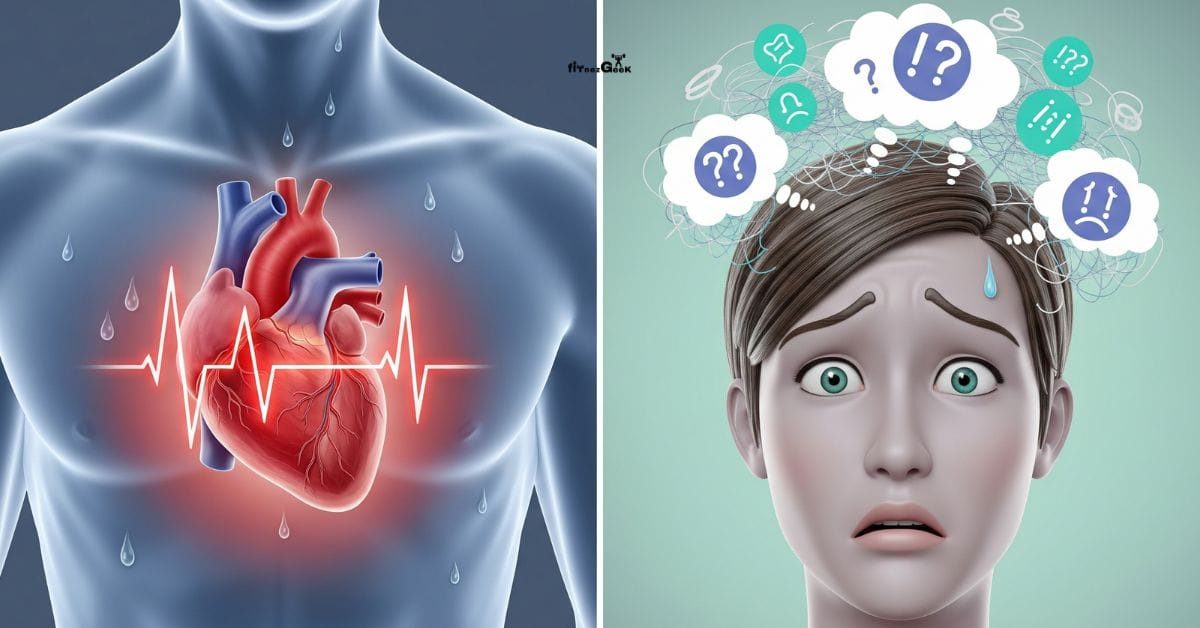
Physical Symptoms
- Rapid heartbeat or palpitations
- Excessive sweating
- Trembling or shaking
- Shortness of breath
- Dizziness or lightheadedness
- Stomach upset or nausea
- Tingling sensation in hands and feet
Emotional and Cognitive Symptoms
- Intense fear or feeling of doom
- Racing thoughts that get out of control
- Detachment from reality (derealization)
- Loss of concentration
- Feeling out of control
Note: If all these symptoms occur frequently,then it’s time to seek professional help.
Anxiety Attack vs Panic Attack: What’s the Difference?

Anxiety Attacks
- These develop slowly over time.
- You might feel uneasy, nervous, or restless for hours or even days before it peaks.
- They’re usually linked to stress or a specific situation (like exams, work pressure, relationship issues).
- The symptoms build gradually, like increased heart rate, worry, tension, etc.
Panic Attacks
- These happen suddenly and without warning.
- The symptoms are very intense (e.g., chest pain, shortness of breath, feeling like you’re dying or going crazy).
- Often, there’s no clear trigger—they can happen even when you’re relaxed.
- They reach peak intensity within minutes.
What to Do During an Anxiety Attack: Immediate Tips That Work
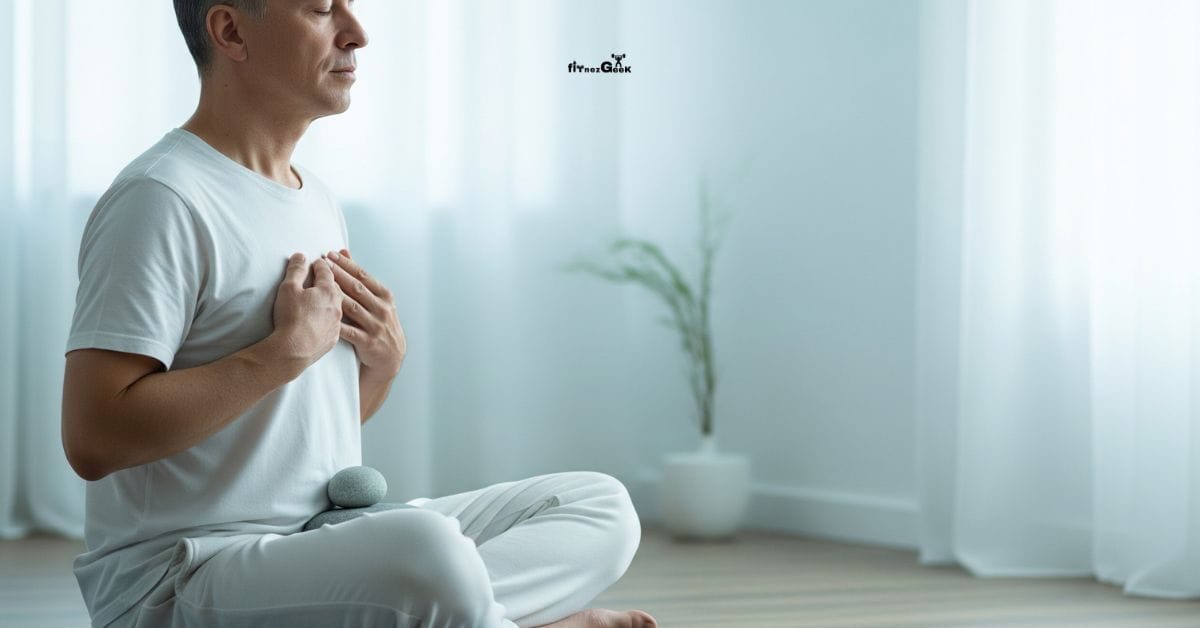
Breathing Exercises
When you’re having an anxiety attack, your breathing often becomes fast and shallow. This sends signals to your brain that something is wrong, which worsens anxiety. Breathing exercises help break this cycle.
4-7-8 Breathing Technique
- Inhale for 4 seconds through your nose.
- Hold your breath for 7 seconds.
- Exhale slowly for 8 seconds through your mouth.
Why it works: This slows your heart rate, lowers blood pressure, and signals your body to relax.
Deep Belly Breathing (Diaphragmatic Breathing)
- Place one hand on your chest and one on your belly.
- Breathe in deeply through your nose so your belly rises, not your chest.
- Exhale slowly through your mouth.
Why it works: This slows your heart rate, lowers blood pressure, and signals your body to relax.
Grounding Technique: 5-4-3-2-1
This is a sensory awareness technique. It helps shift your focus from anxiety to the present moment.
Here’s how you do it:
- 5 things you can SEE (look around and name 5 objects)
- 4 things you can TOUCH (feel the texture — your clothes, chair, floor)
- 3 things you can HEAR (notice background sounds)
- 2 things you can SMELL (maybe your soap, or the air)
- 1 thing you can TASTE (gum, water, or just focus on your mouth)
Why it works: Anxiety pulls you into your thoughts. This exercise grounds you in the here and now, which can reduce anxiety.
When to Seek Help
If you are having frequent anxiety attacks or they are interfering with your daily life, it is very important to consult a psychologist or psychiatrist. Resources like BetterHelp and Mind can also help.
Long-Term Treatment for Anxiety Attacks
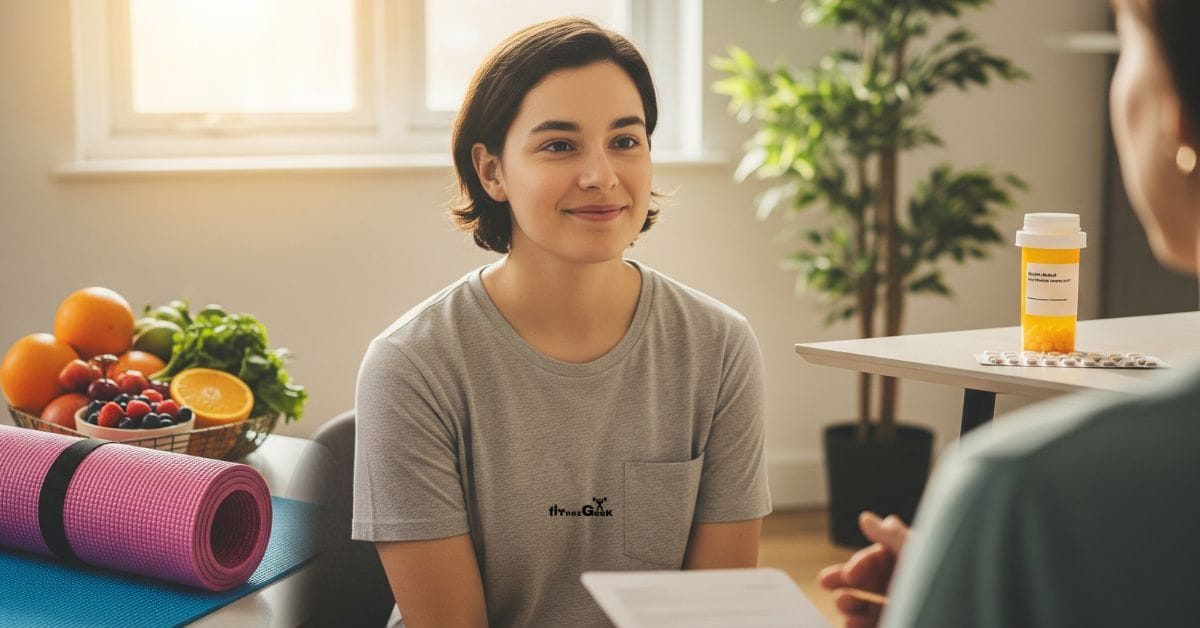
Therapy Options (CBT, Exposure Therapy)
- CBT (Cognitive Behavioral Therapy): Cognitive Behavioral Therapy is considered the most effective treatment for anxiety. In this, your thought patterns are restructured.
- Exposure therapy: You are gradually exposed to your fears until the fear becomes manageable.
Medications That May Help to Overcome Anxiety
- SSRIs (Selective Serotonin Reuptake Inhibitors):
These are commonly prescribed antidepressants that help increase the level of serotonin in the brain, which can improve mood and reduce anxiety over time. Medicines are sertraline (Zoloft) and escitalopram (Lexapro). - Benzodiazepines (short-term use only):
These are fast-acting medications that help calm intense anxiety or panic attacks. They work by relaxing the brain and body but can be habit-forming if used for too long. Medicines are diazepam (Valium) and alprazolam (Xanax). - Beta-blockers (for physical symptoms):
These medications are usually used for heart problems but can also help control physical symptoms of anxiety like a racing heart, sweating, or trembling. Medicine is propranolol.
Important Note: Always take these medications under a doctor’s supervision.
Self-medicating can be dangerous and lead to serious health risks like addiction, side effects, or worsening of symptoms.
Lifestyle Changes That Support Mental Health
- Do Regular exercise and maintain consistency (yoga, walking, gym).
- Intake of Healthy diet in your daily routine (Omega-3s, magnesium-rich foods).
- Always maintain a proper Sleep schedule atleast (6-7 hours sleep), early to bed early to rise.
- Digital detox (reduce spending screen time on PCs and Cellphone).
Final Thoughts: Don’t Let Anxiety Control You
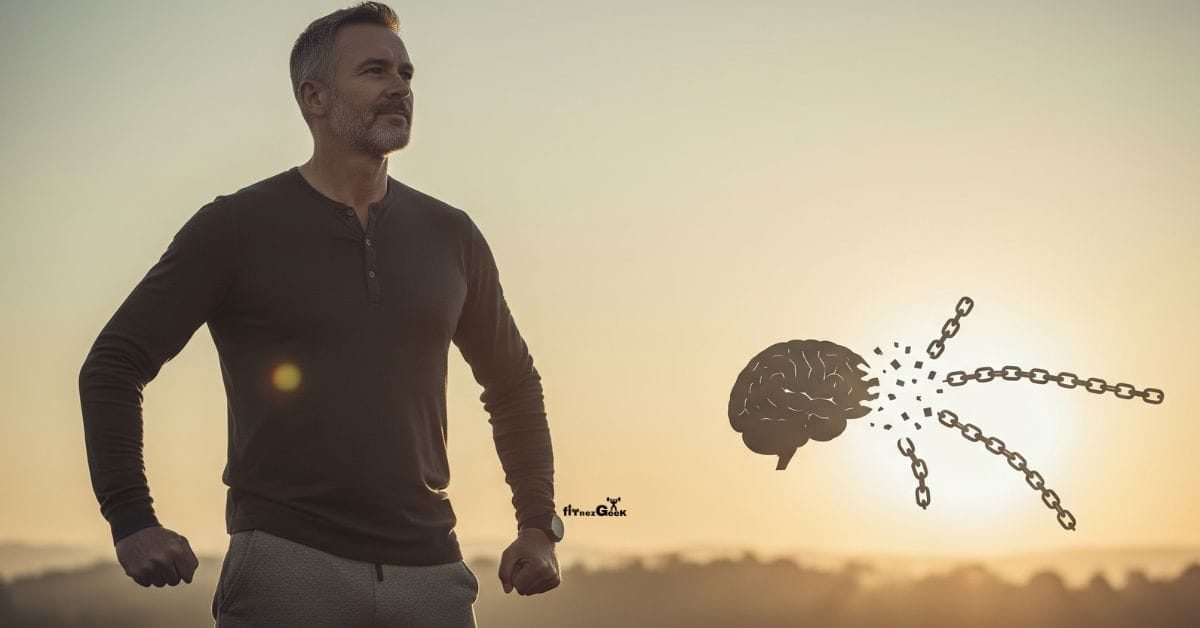
When to See a Mental Health Professional
If anxiety is affecting your quality of life such as relationships, work, or sleep. Then please don’t delay seeking professional help.
You can visit Psychology Today – Therapist Finder online and consult with mental health professionals.

